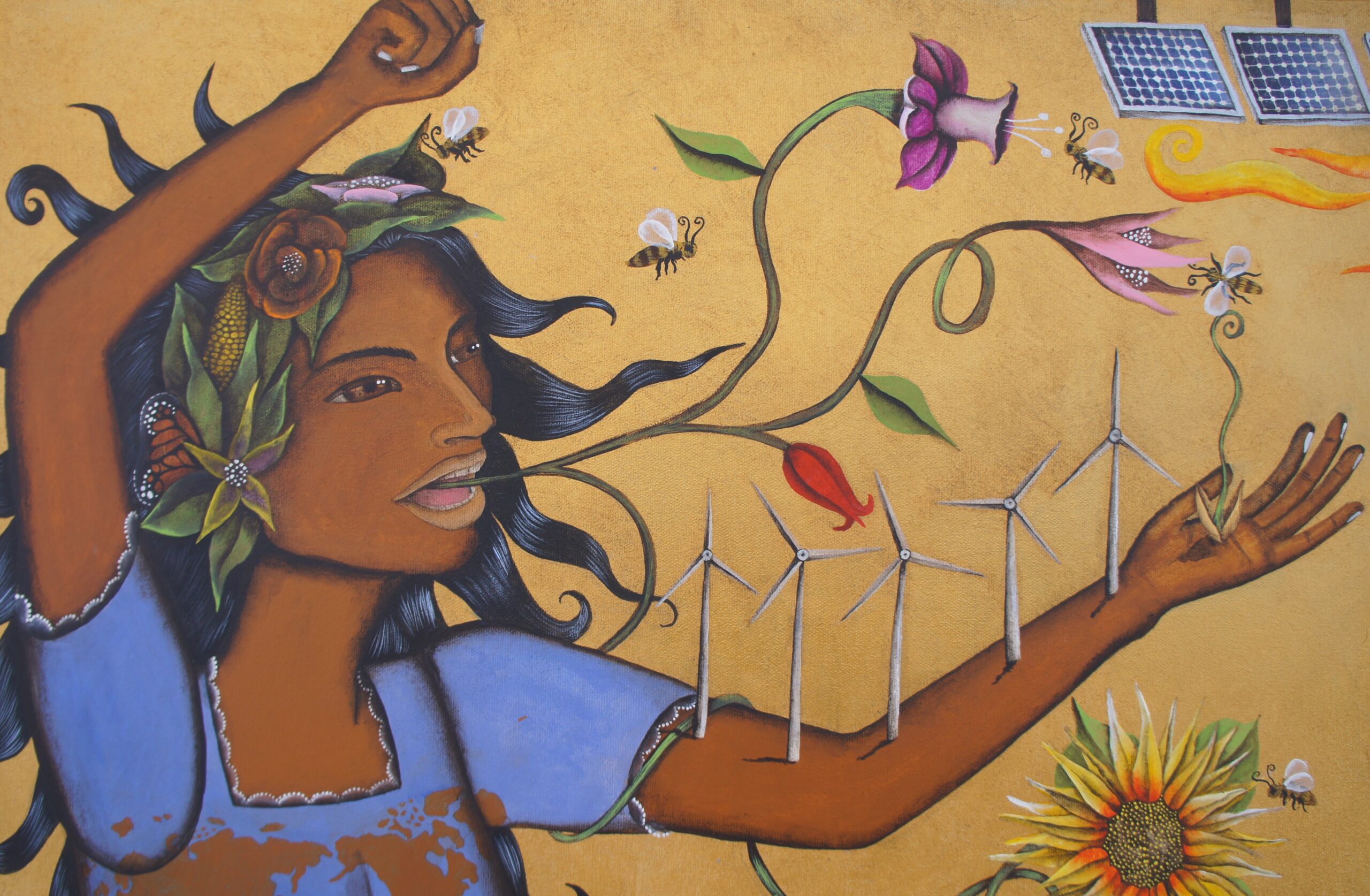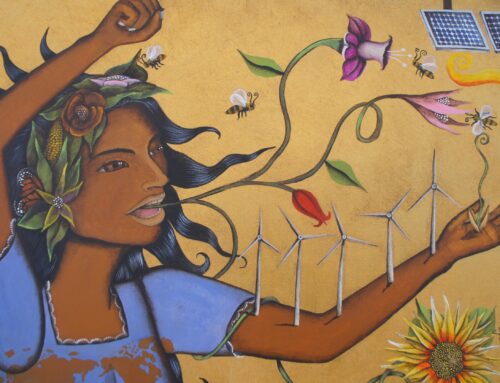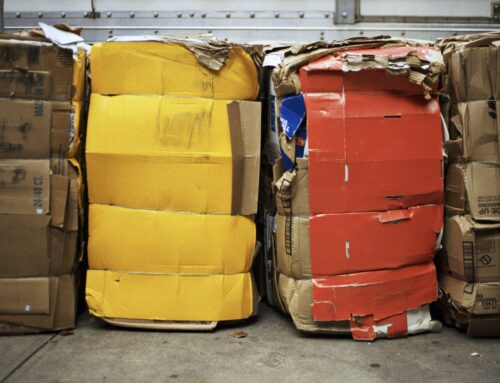Imraan Valodia, Siviwe Mhlana, and Julia Taylor deconstruct the interlocking crises of the care sector and explain why they are important to sustainable environmental and economic development. One crisis is the lack of representation of unpaid work in economic calculations. During the global lockdown, many realized that health care and domestic services, both paid and unpaid, are essential for sustaining our collective livelihoods. This work, disproportionately taken on by women around the world, creates resilient economies and caters towards environmental protection. This leads to the second crisis―care for the environment and the climate crisis. Historically underserved communities contribute the least to the perpetuation of the crisis but are at the forefront of local and global solutions. They are, in essence, the caretakers of the environment. However, they are the most impacted by climate disasters. Women already face barriers to accessing education, economic mobility, healthcare, and other services due to their roles as caretakers, and the compounding crises of care place additional burdens on them. Valuing care in all of its forms, and supporting caretakers in every field, is vital to addressing the crises. Photo credit: Daily Maverick







